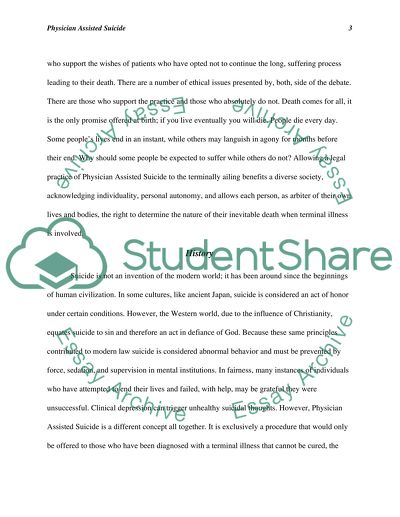Cite this document
(“Physician Assisted Suicide Research Paper Example | Topics and Well Written Essays - 1750 words - 1”, n.d.)
Physician Assisted Suicide Research Paper Example | Topics and Well Written Essays - 1750 words - 1. Retrieved from https://studentshare.org/health-sciences-medicine/1489727-physician-assisted-suicide
Physician Assisted Suicide Research Paper Example | Topics and Well Written Essays - 1750 words - 1. Retrieved from https://studentshare.org/health-sciences-medicine/1489727-physician-assisted-suicide
(Physician Assisted Suicide Research Paper Example | Topics and Well Written Essays - 1750 Words - 1)
Physician Assisted Suicide Research Paper Example | Topics and Well Written Essays - 1750 Words - 1. https://studentshare.org/health-sciences-medicine/1489727-physician-assisted-suicide.
Physician Assisted Suicide Research Paper Example | Topics and Well Written Essays - 1750 Words - 1. https://studentshare.org/health-sciences-medicine/1489727-physician-assisted-suicide.
“Physician Assisted Suicide Research Paper Example | Topics and Well Written Essays - 1750 Words - 1”, n.d. https://studentshare.org/health-sciences-medicine/1489727-physician-assisted-suicide.


